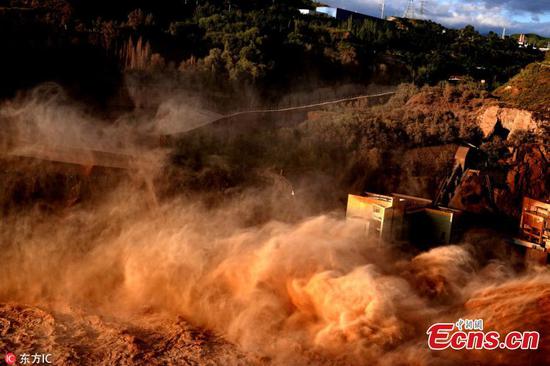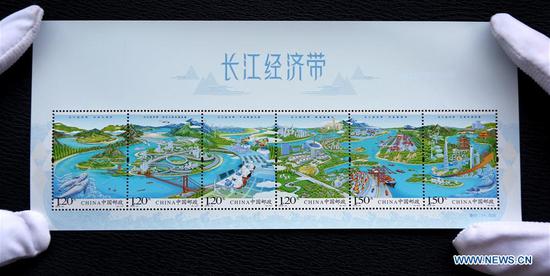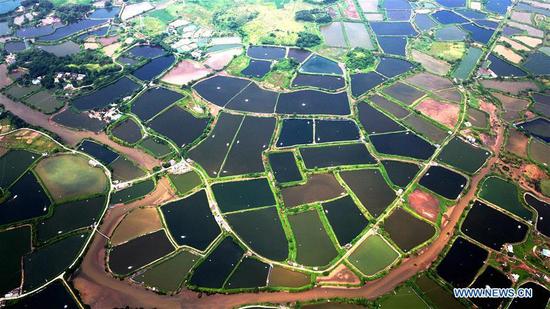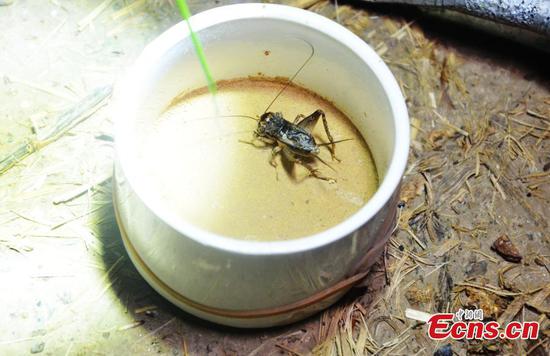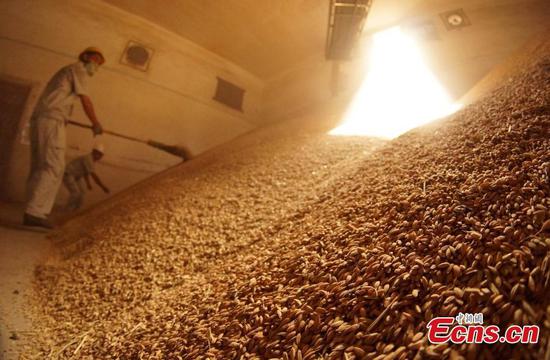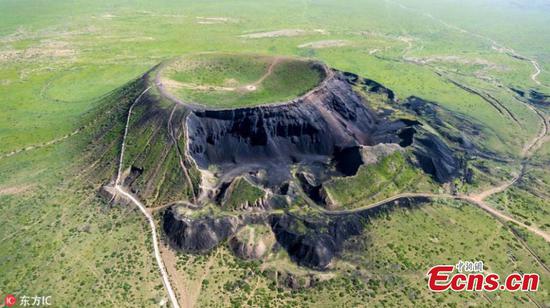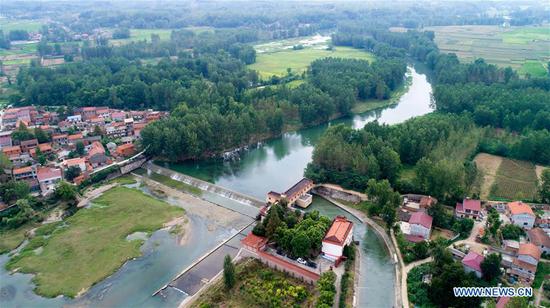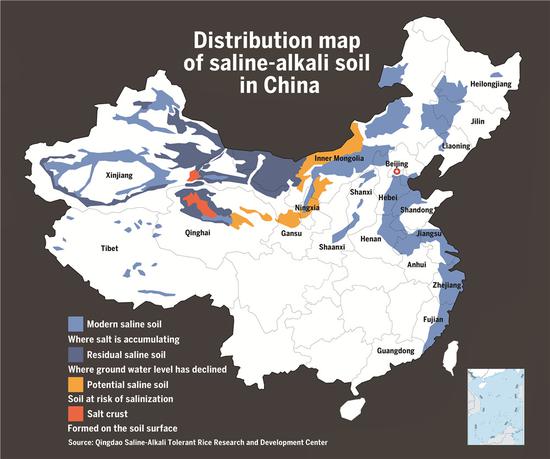 CHINA DAILY
CHINA DAILY"Water with a salt content higher than 0.1 percent cannot be used in traditional agricultural production for irrigation," Zhang said. "That means we have more choice of water resources if planting salt-resistant species. Besides which, long-distance transportation of fresh water is not necessary and water can be acquired nearby."
Experts say salt-resistant rice has unique nutritional advantages that may bring potential health benefits.
"Salt-resistant rice grown on saline-alkaline land has more mineral content than ordinary rice because salt water contains high levels of microelements," Yang Hongyan, who worked at the Qingdao center, said in a previous interview with China Daily.
"In addition, salt-resistant rice growing in a natural environment is not contaminated by heavy metals and isn't subject to plant diseases or insect pests."
Mi Tiezhu, deputy director of the Qingdao center's technical department, said "seawater rice" could be considered a catchy folk name rather than an academic term, and confirmed that researchers working on Qingdao's experimental paddies had mixed fresh water and seawater in one field.
He said government officials and agricultural experts will test its salt-resistant rice next year to decide whether it can be grown commercially.
Mi said he was confident of the rice's commercial prospects. "Our investigations suggest that salt-resistant rice has a wide potential market," he said.
Rural Taobao, a branch of Chinese e-commerce giant Alibaba, announced in June that it would cooperate with Yuan's team to help promote salt-resistant rice in the market.
Overseas cooperation
The Qingdao team's salt-resistant rice has also spread to desert areas of Dubai in the United Arab Emirates, becoming an example of international cooperation under the China-led Belt and Road Initiative.




















